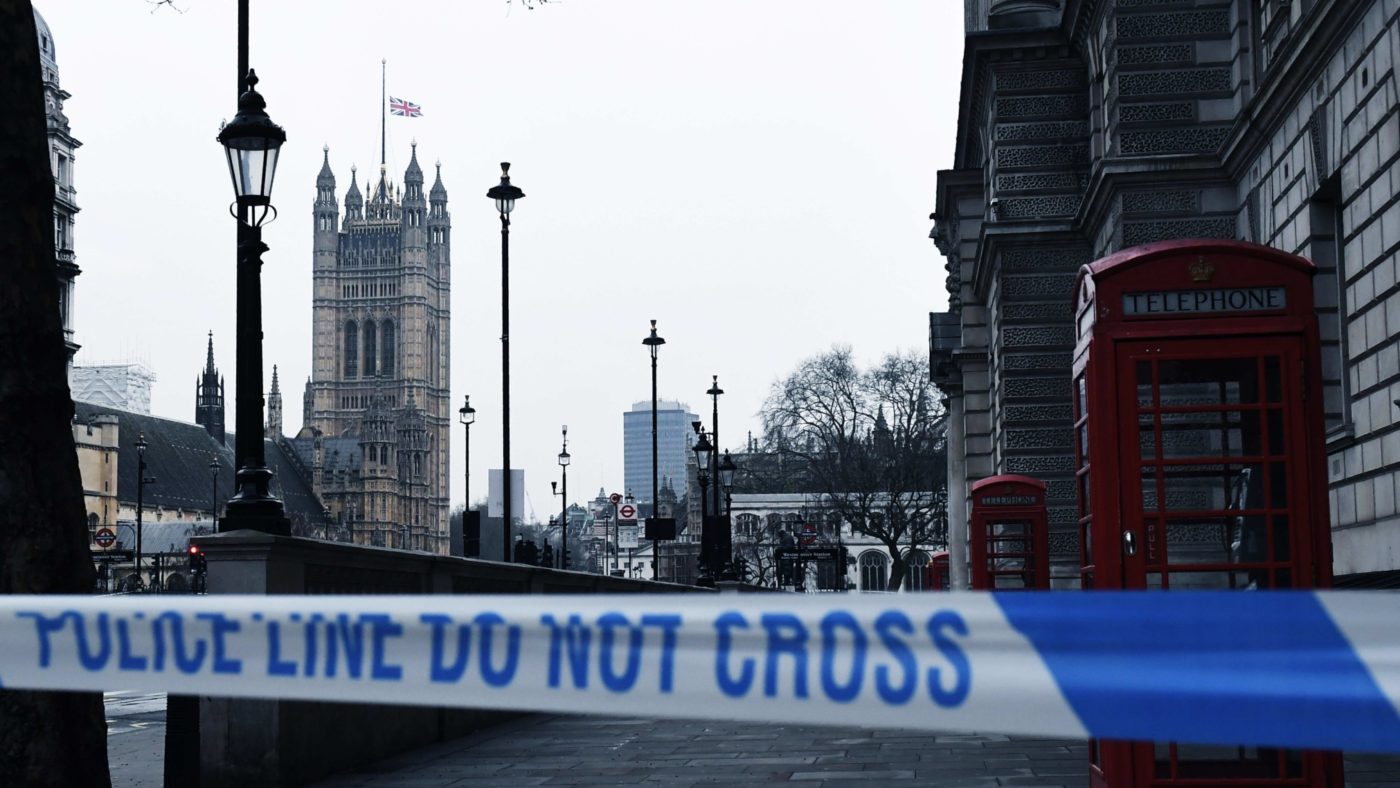We were told just yesterday by Andrew Parker, the head of MI5, that we are experiencing a “dramatic” increase in Islamist terrorist activity. Those who want to do our country lethal harm have never been more active. I know from some small personal experience that the people in his organisation work flat out to frustrate that murderous intent.
MI5 can’t manage this task alone. As the last vestiges of Islamic State collapse in Syria we must be prepared for an additional threat posed by scattering jihadis, some hundreds of whom were born and grew up in this country and will likely return here. Some will be demoralised, others will have the capability and the intent to bring the fight back to our streets. How should Government and citizens respond?
Our counter-terrorism strategy, Contest, is one of the most sophisticated and comprehensive plans around. But it is heavily focused on the actions of public services either in preparation for, or response to, acts of terror.
Of the various strands of the strategy, Prevent is perhaps the best known and most misunderstood. This is the requirement for public authorities to have “due regard to the need to prevent people being drawn into terrorism”. It requires those working for public services including education, prisons, health and local authorities to alert police to suspicions they have about people who they fear are at risk of becoming radicalised. A combination of relentless agitation from pressure groups and a failure by the state to robustly assert the benefits of this strategy have unfortunately devalued its impact, although this is slowly improving.
The Prevent duty, which went live in the summer of 2015 goes further to require public bodies to “actively promote fundamental British values of democracy, the rule of law, individual liberty, and mutual respect and tolerance of those with different faiths and beliefs”. It is in this area where one can see the greatest potential for a truly national conversation going beyond the boundaries of Whitehall and into communities which we cannot allow to become incubators for extremist ideology. These are the places where Syrian Jihadists may return to. They are the places where far-right bigotry hides in plain sight.
The promotion of our values in the face of a huge terrorist threat ought to be its own strand in our national strategy, not just a buried adjunct. In this fight, ideas are the most potent weapon of all. The obligation to actively promote fundamental British values should be spun out of the Prevent programme and given its own name, Promote. This plan would involve a relentless and high profile public campaign to explain, defend and encourage citizen rights and responsibilities.
In particular, we must find a way to make these ideals seem real and relevant to marginalised groups vulnerable to radicalisation. This is a street-by-street battle for hearts and minds but it goes much further. Promote ought to be driven by smart socio-economic policies which combat alienation, a cognitive “opening” to extremist behaviour. It should be integrated with social and housing policies which assert shared living spaces and encourage communication.
The task is huge from a practical and also philosophical point of view. It’s not very British to talk about “British” values. There are faint echoes of Empire in there somewhere which allow us to become distracted – reluctant to pin our flag to the mast. Big Brother lurks in the background – another brake on decisive action for fear of damaging the very thing we seek to defend.
Here’s the thing: the monster of extremism is already inside the castle. It’s too late for cosy equivocation. We must redouble our efforts to encourage and insist on the civilised values that underpin our democracy. These values are not inviolable, they can be corroded by complacency and cynicism. By fear. Bringing people into the fold is an enormous challenge but absolutely necessary. Extremism can be contained by the dedicated men and women who work for Andrew Parker.
But do we merely aspire to an acceptable level of terrorism? In the end, it will only be defeated by citizens mobilised around the values that make our country worth defending. We need to celebrate the ties that bind. Promote needs promotion. I even think Orwell would have approved.


